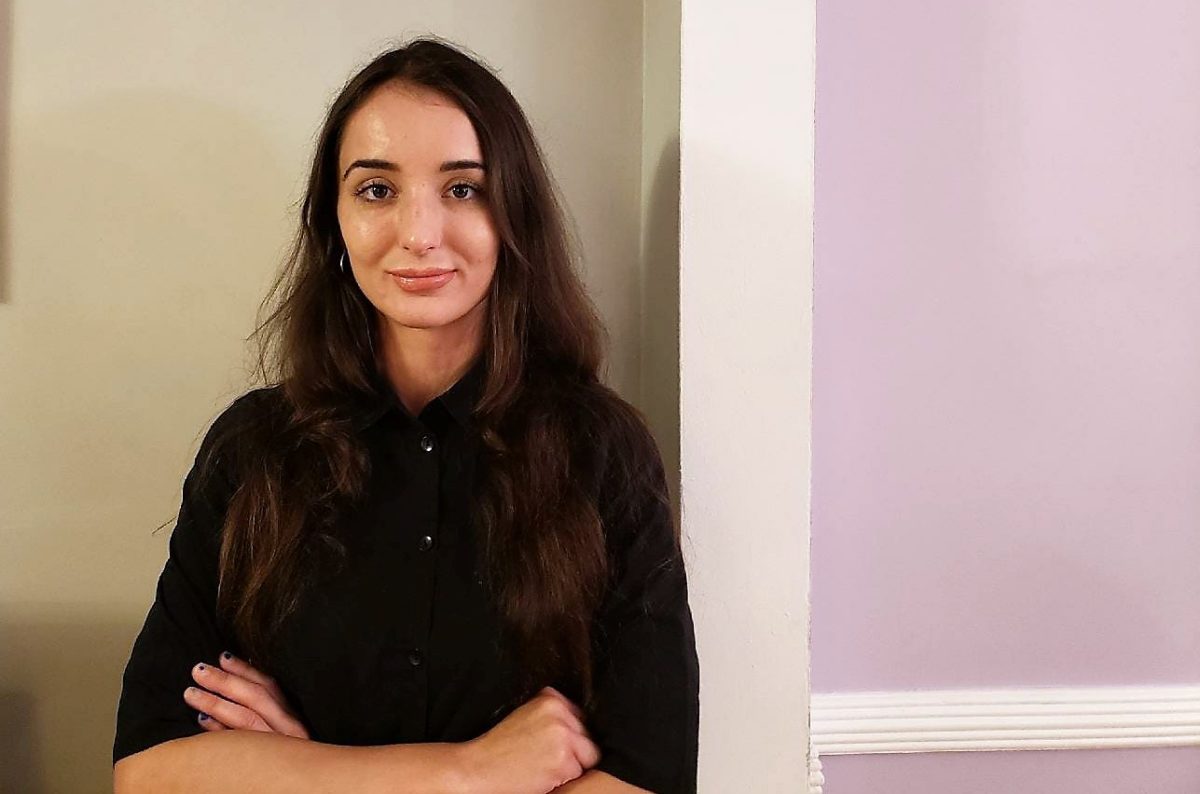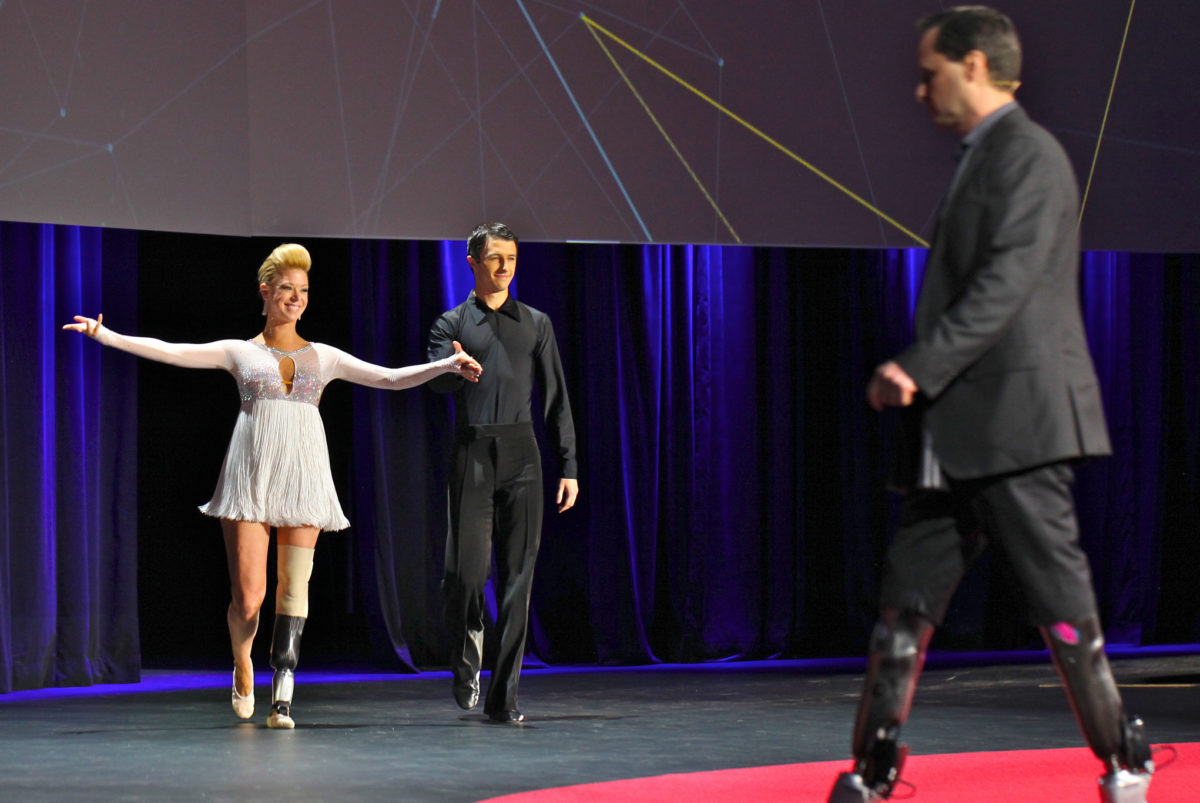Guilt is often portrayed as a “healthy” emotion – is it?
 Does feeling guilty help make you a better person? This is a question universities have recently been attempting to answer through psychological experiments. The results, according to researchers, demonstrate that guilt is essential in helping “children become considerate, conscientious adults.”
Does feeling guilty help make you a better person? This is a question universities have recently been attempting to answer through psychological experiments. The results, according to researchers, demonstrate that guilt is essential in helping “children become considerate, conscientious adults.”
While this study intends to answer a scientific question, it has philosophical implications. Namely, it seems to support a certain view of morality: that being a good person comes from steering clear of actions we would later feel guilty about. The good person, in other words, behaves as he does in large part because he feels the onset of the telltale “sinking feeling in the tummy”, and therefore exercises self-restraint. By contrast, the quintessential villain, as the article points out, would be the sociopath who feels no remorse.
This interpretation fits well with the commonly accepted moral ideas we encounter around us. Guilt plays a central role in how most of us are taught ethical behavior and proper values. As children, we are told to feel ashamed of ourselves for not sharing our toys, for leaving the water running when we brush our teeth, for not giving up our lunch money to the needy, for not doing what Jesus would want us to do.
As adults, we are routinely urged to accept guilt as penance for alleged wrongdoing. For instance, we are told by the left to feel guilty for driving cars and enjoying a comfortable standard of living while others around the world endure hunger. We are told by the right to feel guilty for sexual pleasure or even for the “original sin” of mankind. All around us – from our peers, parents, teachers, and other leaders – we encounter pressure to feel guilty for our successes and for many of the things from which we derive enjoyment.
But why? Why are such things wrong, and why should we feel guilty about them? Too often, such questions are either avoided or never asked. Rather than rationally analyzing whether a choice or action is moral, we are often told that the answer is simple: “if you feel guilty, you must be doing something wrong.” In short, we are supposed to be guided by our feelings which allegedly comprise our moral compass.
Take for example the case of “wasting water”, which induces at least a mild pang of guilt in nearly all American schoolchildren. “Be Water Smart!” urges “Gurgle” the water-saving dinosaur to 4th graders. “Take shorter showers!” “Water the grass, not the sidewalk!” Why? No clear answer is given. Rather, there are vague references to thirsty children in third world countries, to animals and the water cycle, and the like. As children we never come to understand what actual harm would result from enjoying an extra five minutes in the shower. We are simply told that it is wasteful and bad, and the resulting feelings of guilt seem to confirm the validity of those teachings. Henceforth, when we almost habitually reach to turn off the faucet, we do it not from a conscious, rational understanding of the facts and consequences, but rather to avoid the dreaded “sinking feeling in the tummy” that was instilled in us long ago.
The point here is not to debate the moral merits of conservation or any such belief about being good, but rather to call attention to the problem with this common approach to establishing what is right or wrong. While guilt is of course a natural and legitimate emotion, like any emotion it serves only to bring something to our attention – in this case, to alert us that we are violating one of our moral beliefs. But we must realize that as an emotion, guilt cannot tell us what those beliefs should be, nor does it validate whether or not they are correct. That is, feelings of guilt cannot in themselves serve as moral verdicts – only as clues to inquire further.
It is well understood that feelings of fear are often irrational and can be identified as such upon further thinking. For example, most everyone dreads public speaking, yet by recognizing that there is no real danger involved, we can eventually overcome it. Similarly, guilt is often objectively unjustified. Every day, there is a massive amount of guilt experienced by Americans and others around the world for no good reason at all. Ayn Rand called this “unearned guilt”, which ultimately comes from learning mistaken moral views in the same way as we are taught to conserve water.
But contrary to the cultural voices urging us to embrace guilt as a mark of moral virtue, it is an emotion we should properly shun, not by becoming unfeeling sociopaths, but by adopting moral views based on the certainty and clarity of reasoned conclusions. We should react with suspicion towards those who push their ideas using guilt as a weapon, and who view the good person as the one who lives life in a constant cycle of remorse and atonement. Instead, we should aim to achieve what Ayn Rand portrayed as the result of achieving moral success: a “face without pain or fear or guilt.”




